 |
 ABOUT ABOUT
 APIACTA APIACTA
 BOOKS BOOKS
 OTHER PUBLICATIONS OTHER PUBLICATIONS
 SELECTED PAPERS
SELECTED PAPERS
 APIMONDIA PUBLISHING HOUSE APIMONDIA PUBLISHING HOUSE
 NEWS and EVENTS NEWS and EVENTS
| |
 APIMONDIA launches its new digital platform!
APIMONDIA launches its new digital platform!
https://apimondia.org
Official EBA Position on the MERCOSUR Agreement and
Its Impact on European Beekeeping.
Brdo pri Lukovici,
January 09. 2026.
URGENT response -
Ageing of Beekeepers Questionnaire.
Prot. no. 6221, Rome, 14 October 2025
49th APIMONDIA
International Apicultural Congress,
23 - 27 September, 2025, Copenhagen,
DENMARK
Invitation to Apimondia members to present national and traditional honey in
The Global Honey Bar
at the Apimondia congress in Copenhagen in September 2025
Invitation to the
1st B-THENET International Event for Beekeepers,
Copenhagen, DENMARK, 26 September 2025
Apimondia Newsletter | July 2025 | www.apimondia.org
Submission of candidatures for the vacant positions of the Apimondia Executive Council, Rome, 5 June 2025
Apimondia Newsletter | May 2025 | www.apimondia.org
Apimondia Newsletter | April 2025 | www.apimondia.org
CALL FOR SUPPORT FOR DOCUMENTARIES ON BEEKEEPING.
An interesting initiative where APIMONDIA is involved to further promote and give visibility to the beekeeping sector worldwide.
Apimondia Newsletter | December 2024 | www.apimondia.org
Apimondia Newsletter | November 2024 | www.apimondia.org
BeeLife - Press Release -
New Report on EU Law and Deregulation of GMOs in Europe
Apimondia Newsletter | September 2024 | www.apimondia.org
The Third Issue of the European Beekeeping Association e-Magazine is Now Available!
https://ebaeurope.eu/the-third-issue-of-the-eba-magazine-no-bees-no-life-was-published/
Invitation and letter to Join the European Beekeeping Association (EBA)
Slovenia, August 24, 2024
PRESS RELEASE
European Beekeeping Association (EBA)
Beekeepers' Call to Consumers:
LET'S PUT AN END TO FAKE HONEY TOGETHER!
Slovenia, August 1, 2024
The Second Issue of the European Beekeeping Association e-Magazine is Now Available!
https://ebaeurope.eu/the-second-issue-of-the-eba-magazine-no-bees-no-life-was-published/
Apimondia Newsletter |
July 2024 | www.apimondia.org
First Issue of the European Beekeeping Association
e-Magazine is Now Available!
https://ebaeurope.eu/the-first-issue-of-the-eba-magazine-no-bees-no-life-was-published/
European Beekeeping Association (EBA).
First Brochure
APIMONDIA Video and event | May 2024
Apimondia Newsletter |
January 2024 | www.apimondia.org
Apimondia Newsletter |
November 2023 | www.apimondia.org
World Bee Day 2023
Friday 19 May 2023 |
10.00 - 11.30 CEST
Sheikh Zayed Centre, FAO Headquarters,
Rome, Italy
The International Symposium on
Biosecurity in Beekeeping
18 May 2023
14:00-16:00 CEST | Hybrid | Rome, Italy
Apimondia Newsletter |
February 2023 | www.apimondia.org
APIMONDIA
48th International CHILE
Apicultural Congress 2023,
September 4th - 8th, 2023
BeeLife - PRESS RELEASE - The EU Bill for Pesticide Reduction Target is under threat, and so too the liveable future of this planet.
BRUSSELS, BELGIUM,
14 Dec 2022
BeeLife - PRESS RELEASE - 1 million valid signatures to Save Bees and Farmers
Brussels, Belgium, 10 October 2022
Survey to monitor the level of knowledge and awareness on Good Beekeeping Practices, Antimicrobial Use and Antimicrobial Resistance

47th APIMONDIA International Apicultural Congress, August 24-28, 2022, ISTANBUL, TURKEY
6 March 2022
From: APIMONDIA
International Federation of Beekeepers' Associations
To: Apimondia Members and beekeepers worldwide
Mierea de albine.
Stiati ca...
Inteligenta albinelor ii uluieste pe oamenii de stiinta. Cum au fost invatate sa numere si sa recunoasca chipuri umane
MASA ROTUNDA & CONFERINTA PRESA:
Impactul utilizarii insecticidelor neonicotinoide asupra populatiilor de albine,
24 februarie 2022, orele 10.00, in sistem on-line
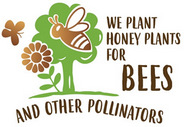 The "Bee Forage Planting Day 2022" will soon be here.
The "Bee Forage Planting Day 2022" will soon be here.
BeeLife - PRESS RELEASE
EU Member States throw sand into the wheels of transparency and meeting pesticide reduction targets by 2030.
Brussels, 2 February 2022
HONEY: healthy or life-threatening food.
When honey can become carcinogenic.
MIEREA DE ALBINE, de la aliment sanatos la unul otravitor.
In ce conditii poate deveni cancerigena.
Recenzie Prof. Dumitru CURCA:
"Dr. Florin Begnescu (1880-1949) personalitate marcanta a medicinii veterinare, deschizator de drumuri pentru apicultura romaneasca - o fila importanta in istoricul albinaritului".
Cercul Farmacistilor din Bucuresti (A.C.F.B.) in parteneriat cu F.I.I.T.E.A.
organizeaza seria 2021 de Cursuri de Terapii complementare
Digital Books:
www.fiitea.org/foundation/
books.html
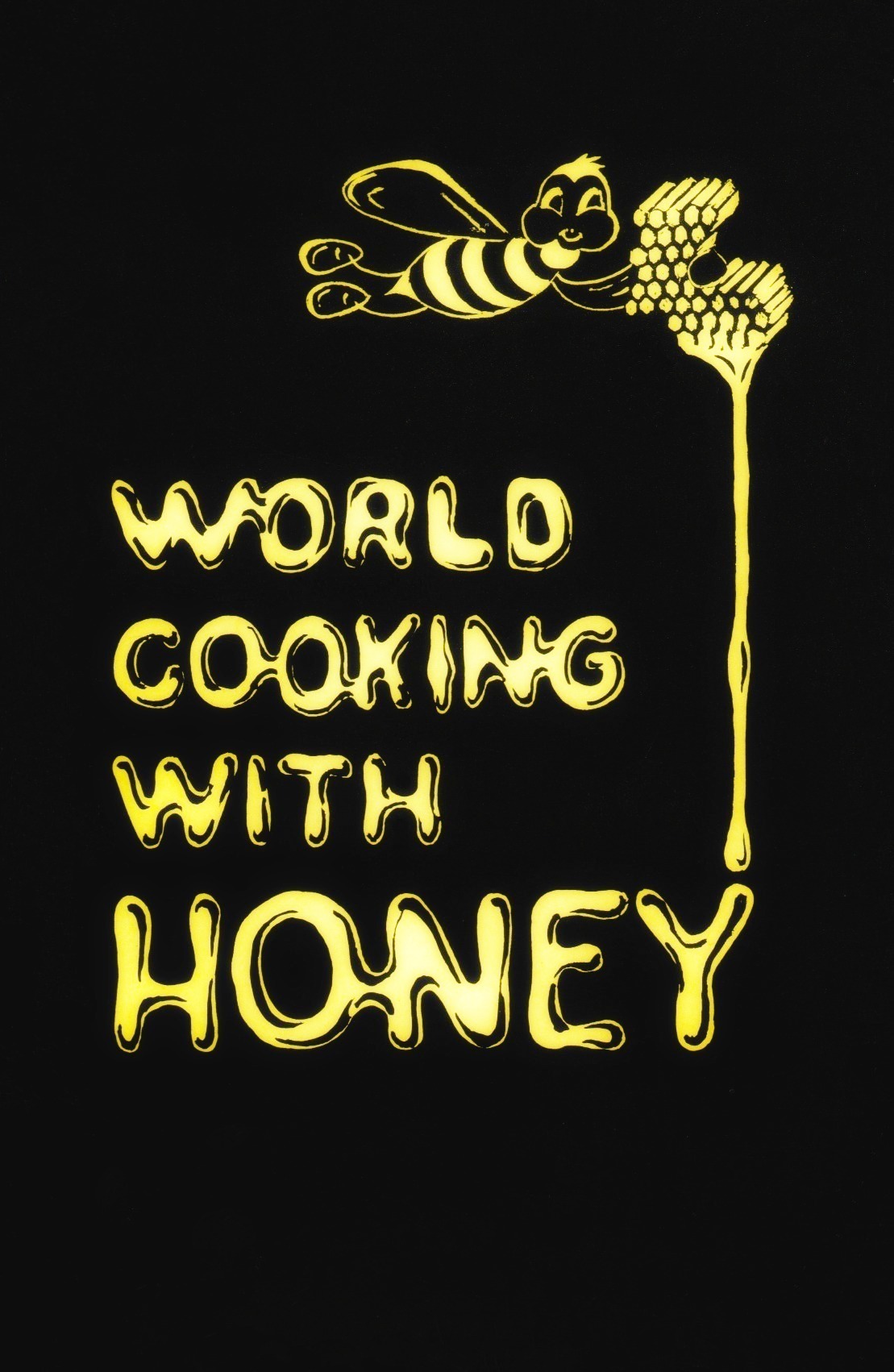
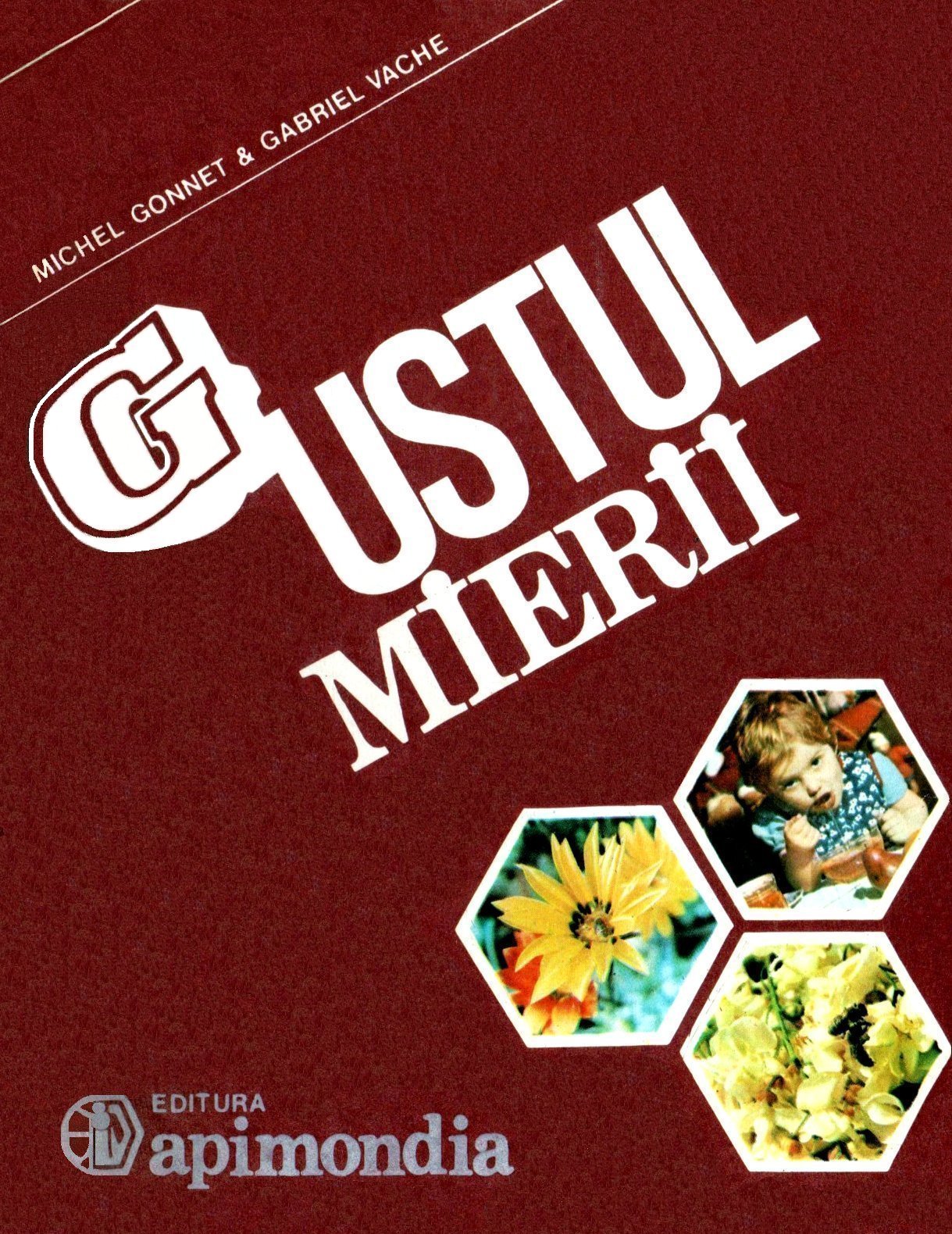
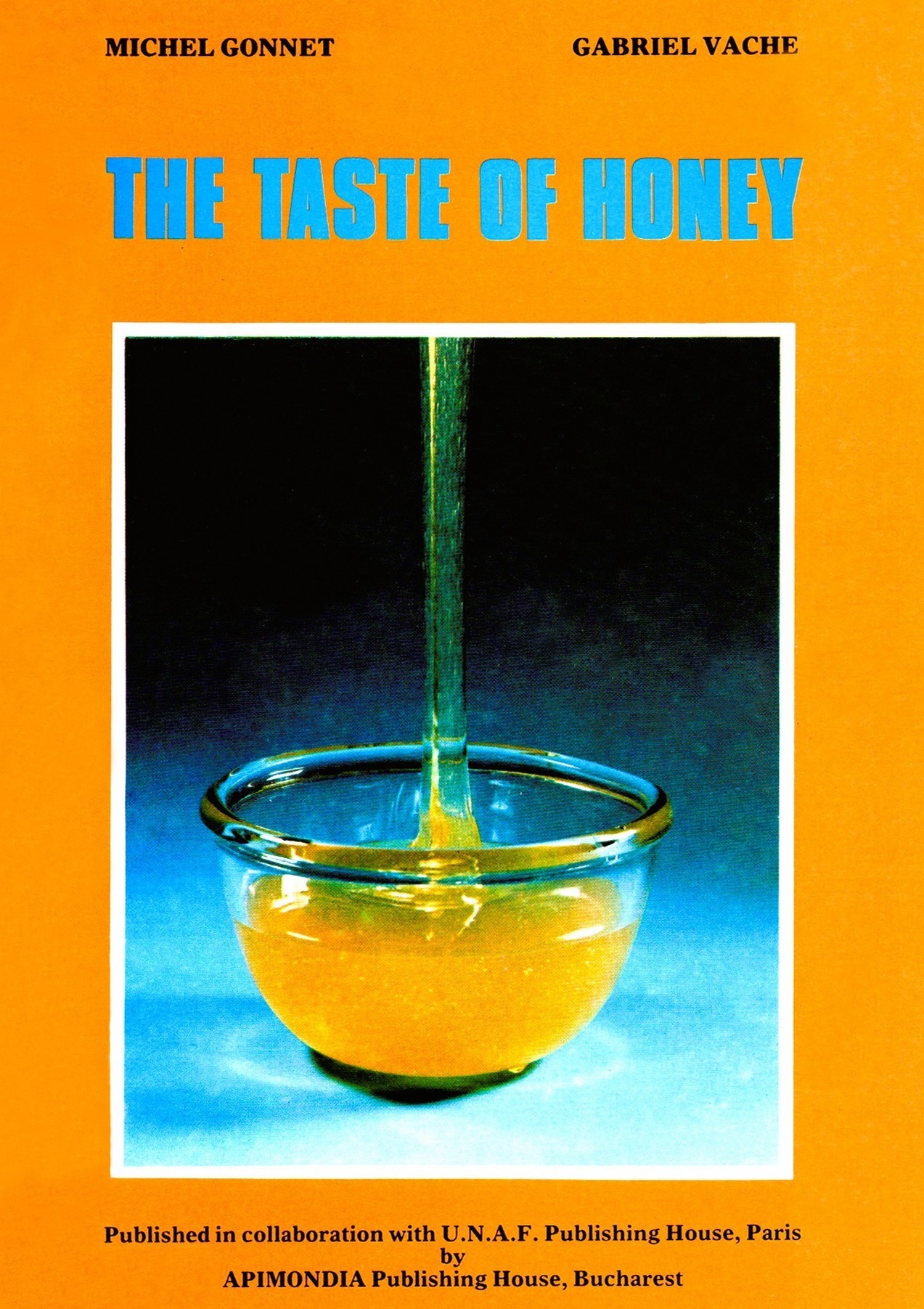

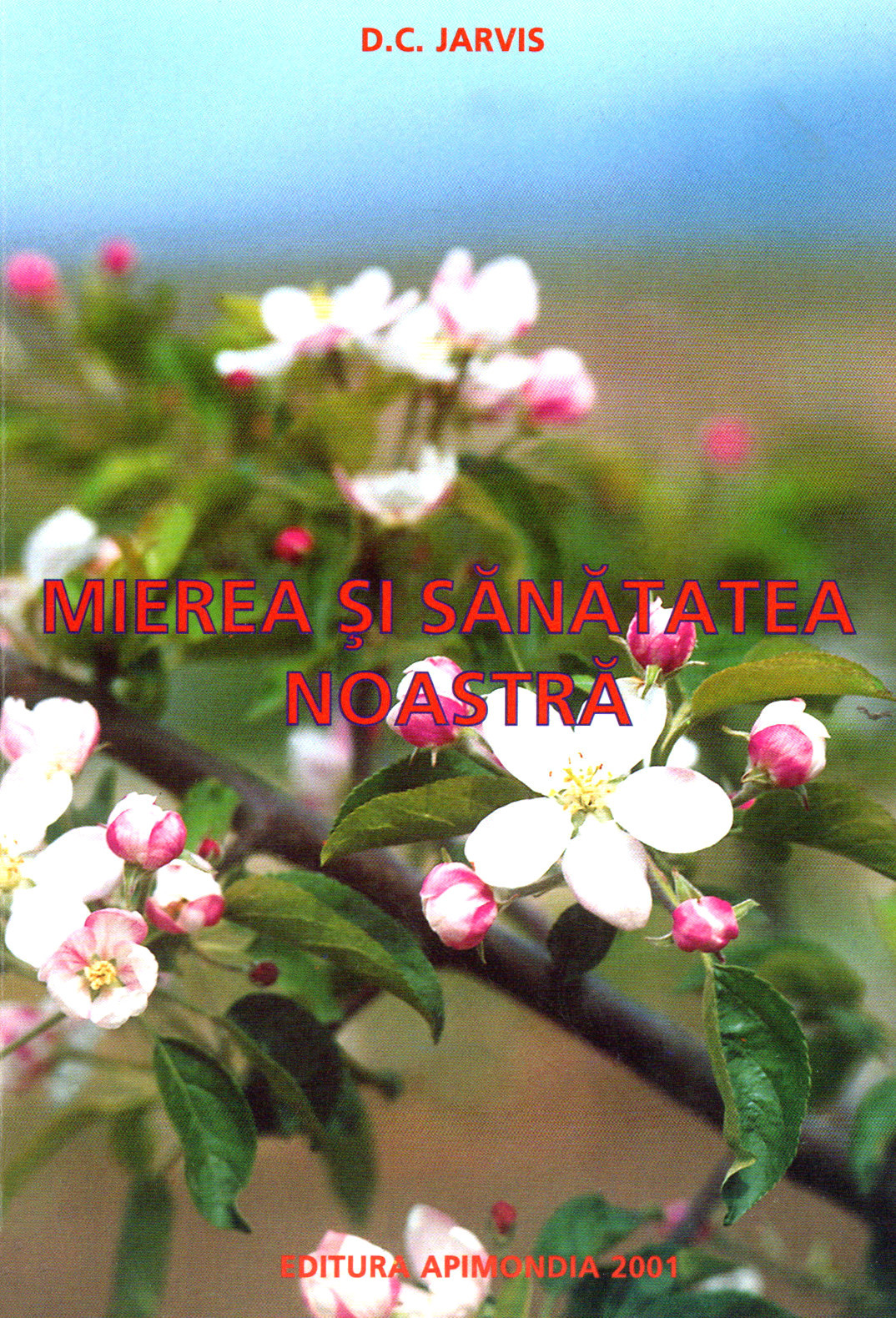
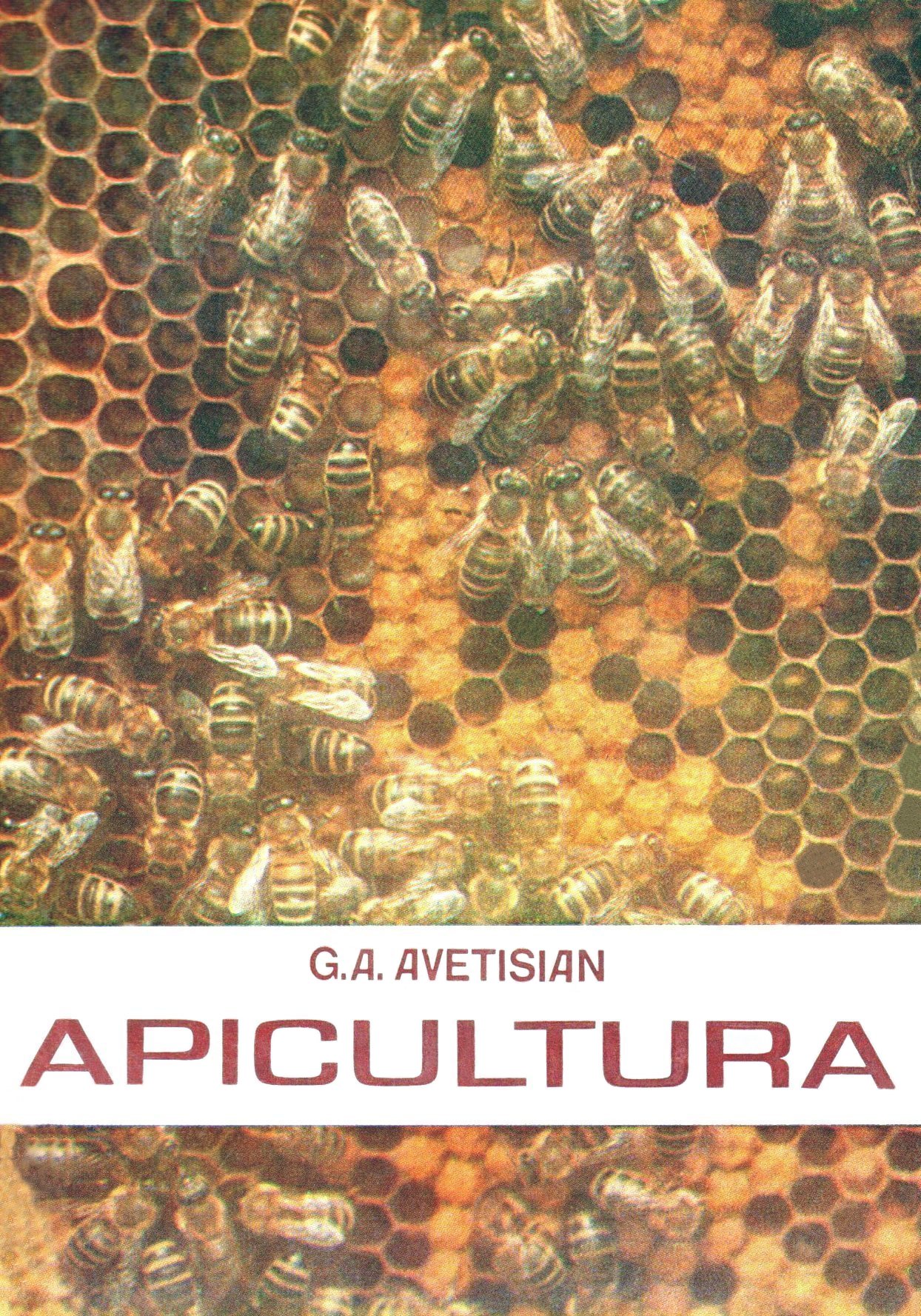
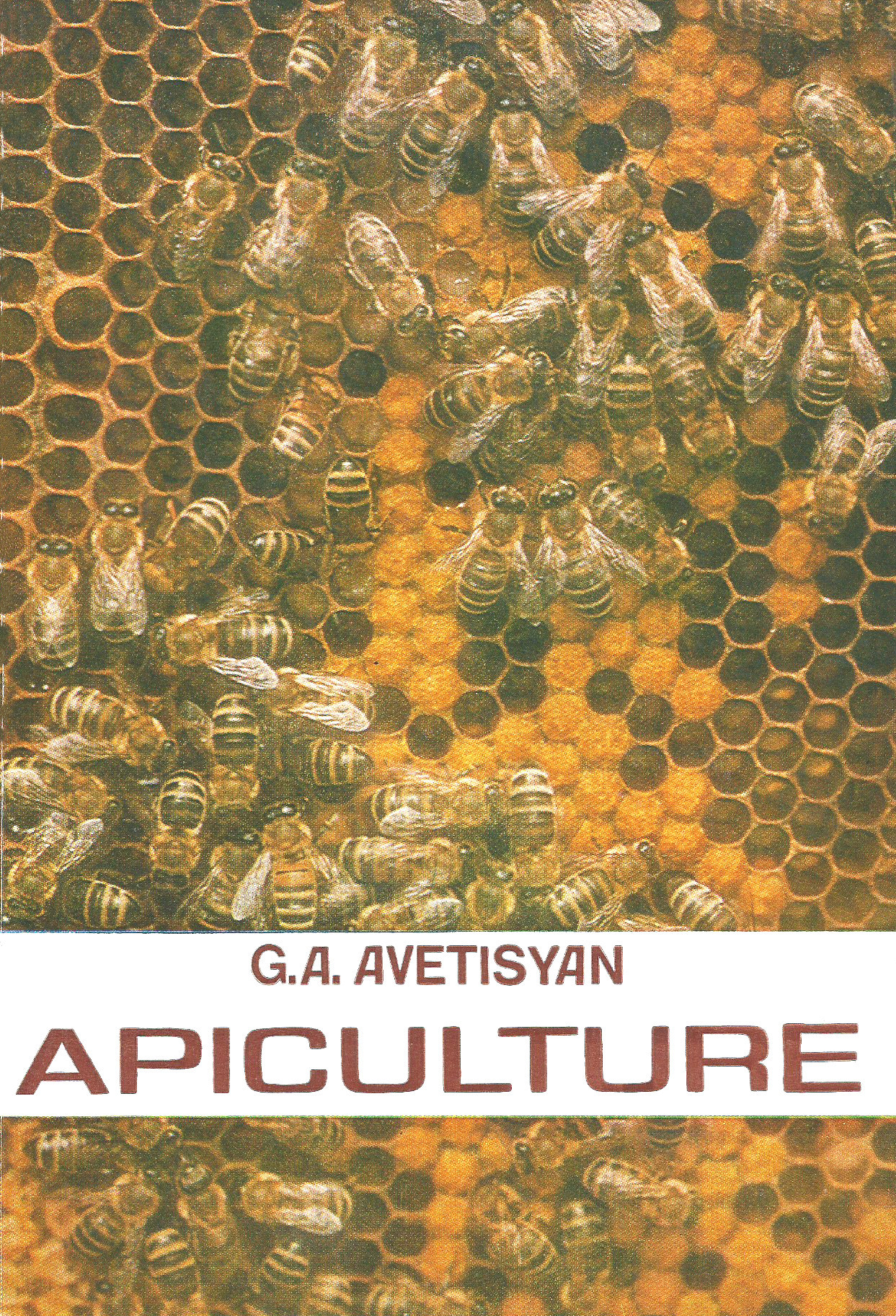
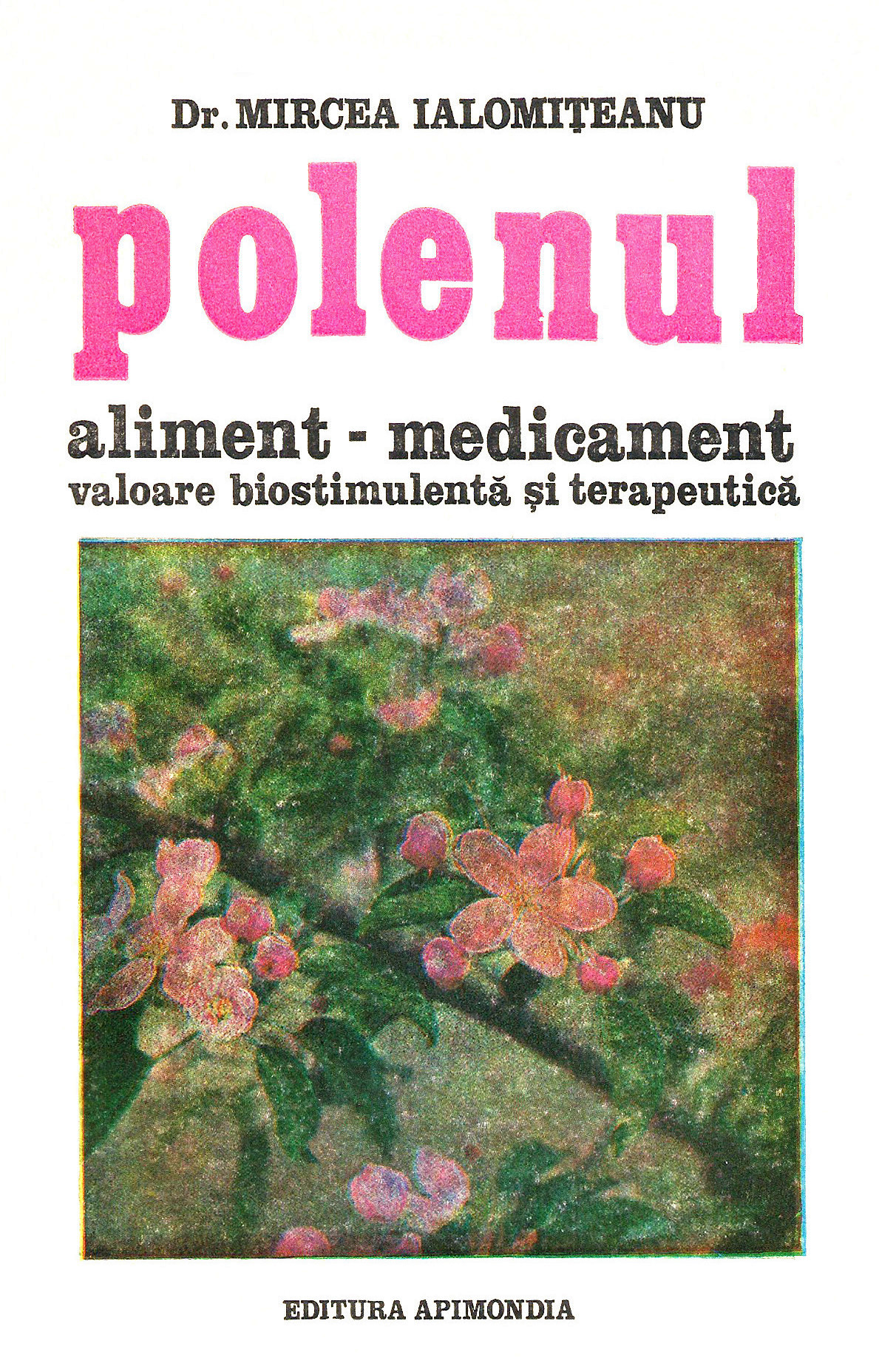
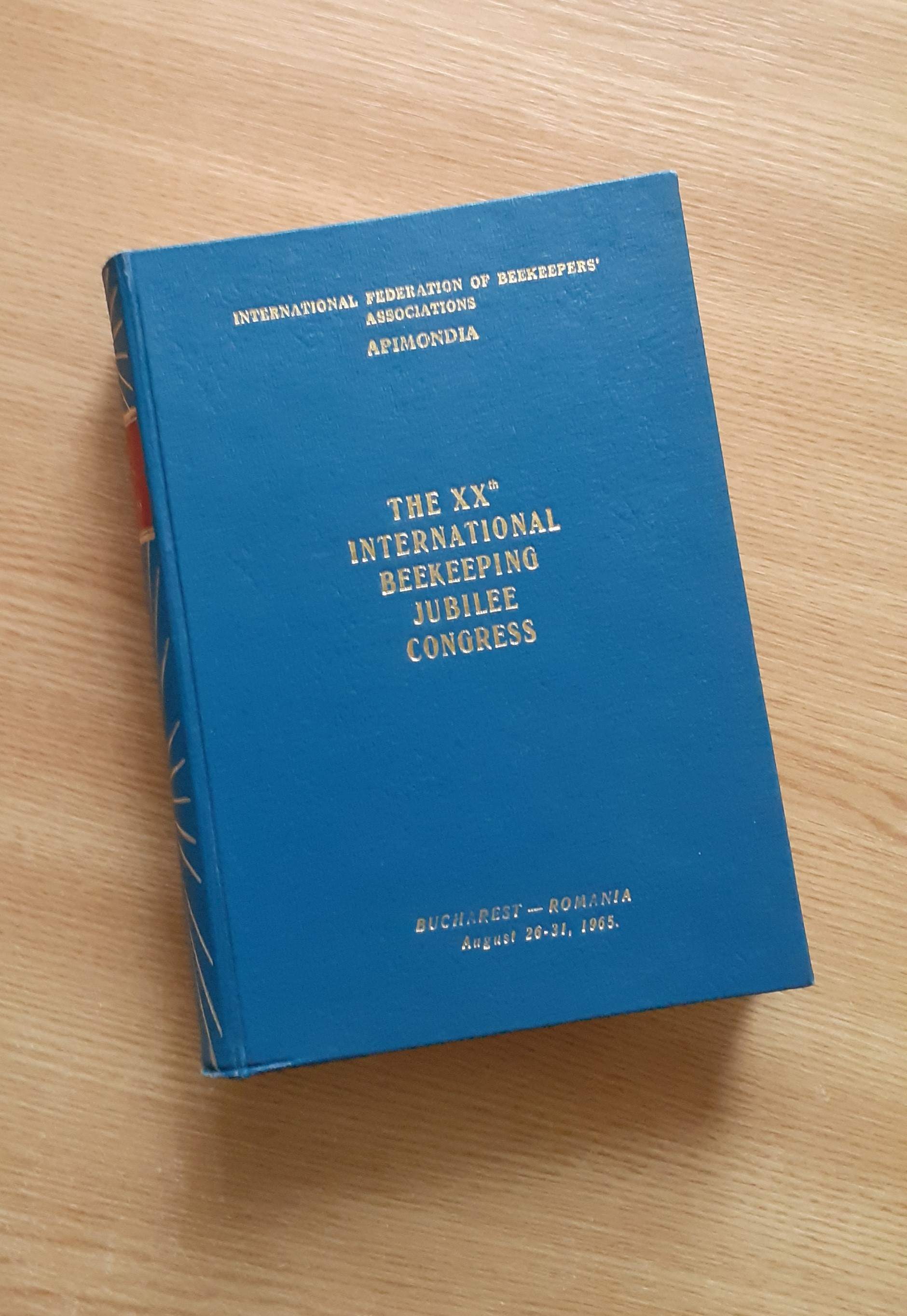
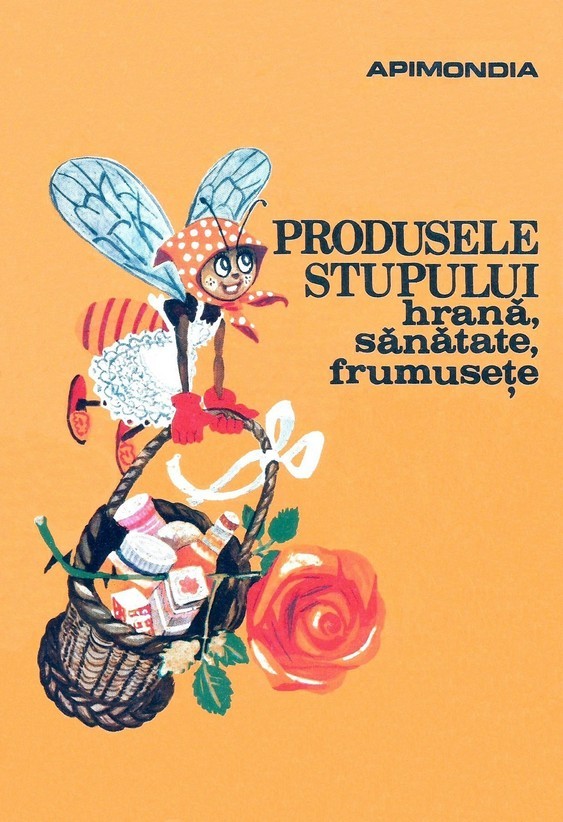
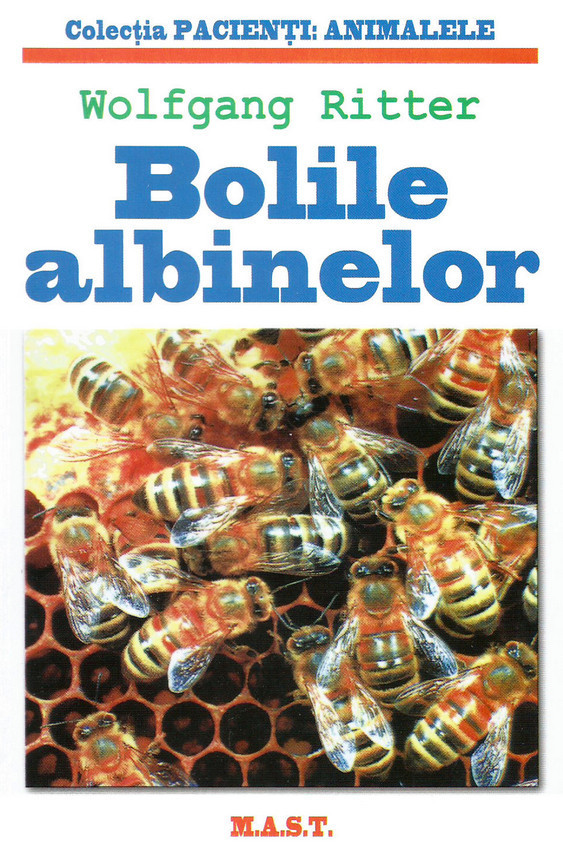
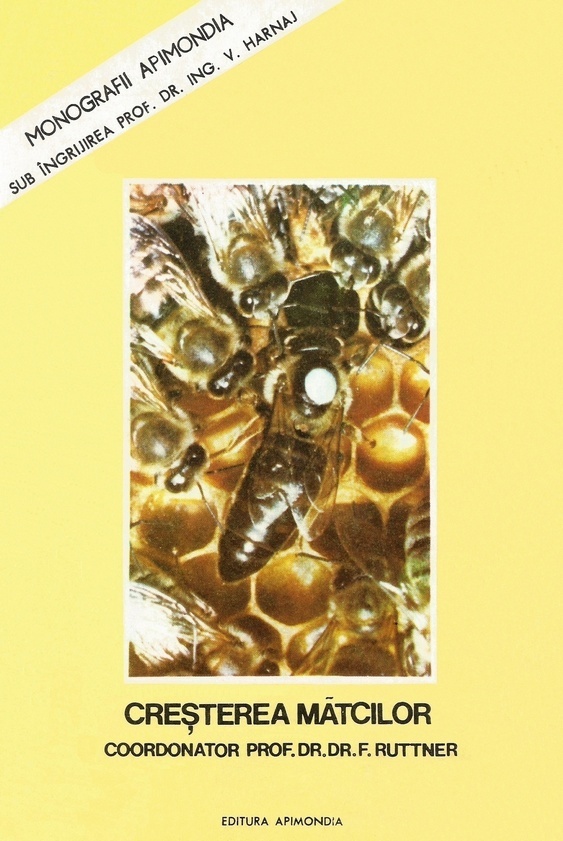
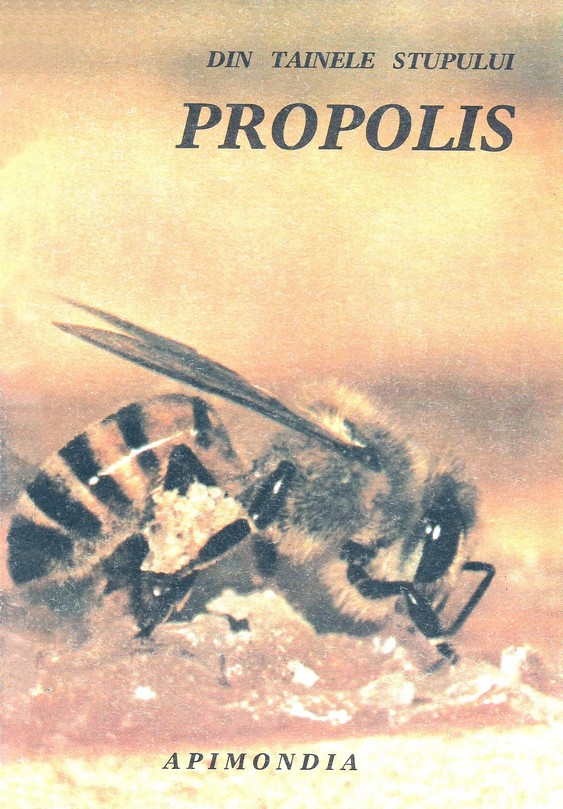
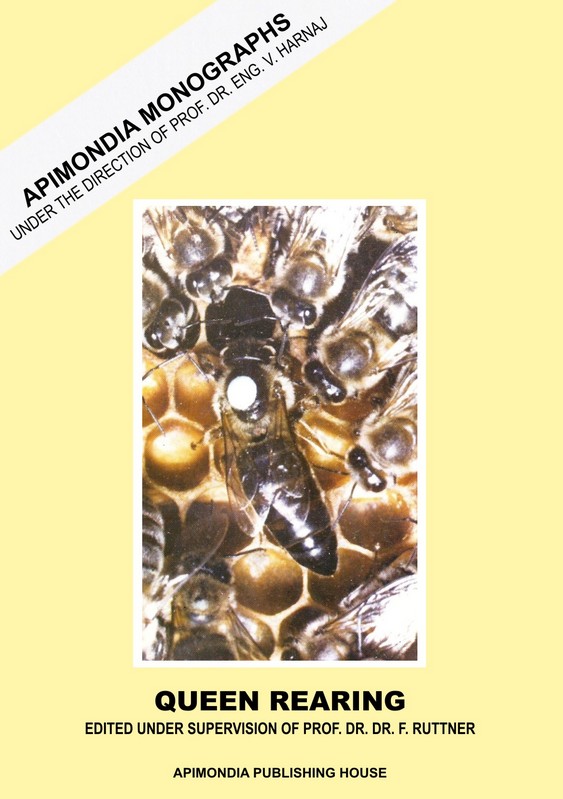
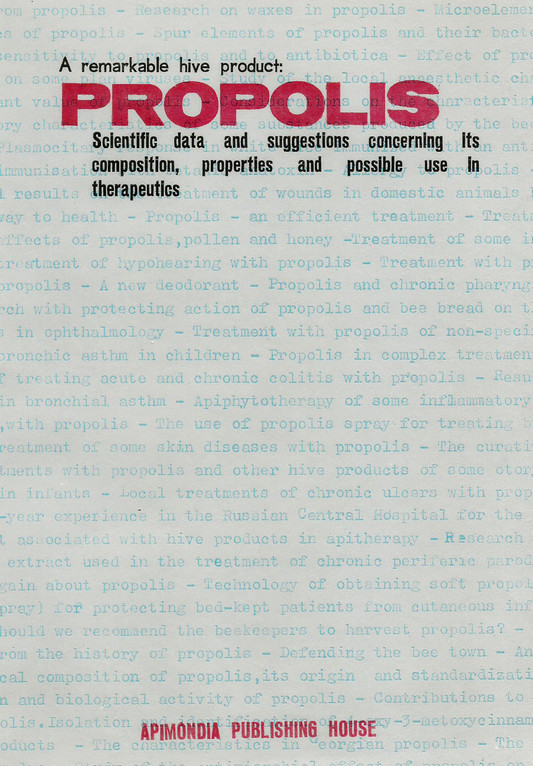
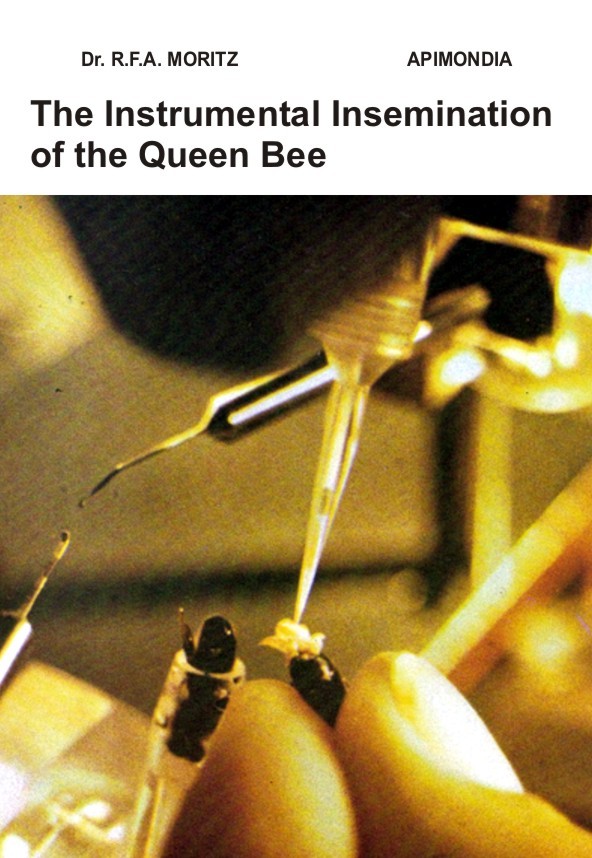
XXIII International Congress FPO "Apislavia",
02.19.2021
Honey Fraud Industry
On-line Conference,
8th November, 2020,
www.beeconf.com
FLAGSHIP PUBLICATION:
"Beekeeping contributes to achieve the Sustainable Development Goals"
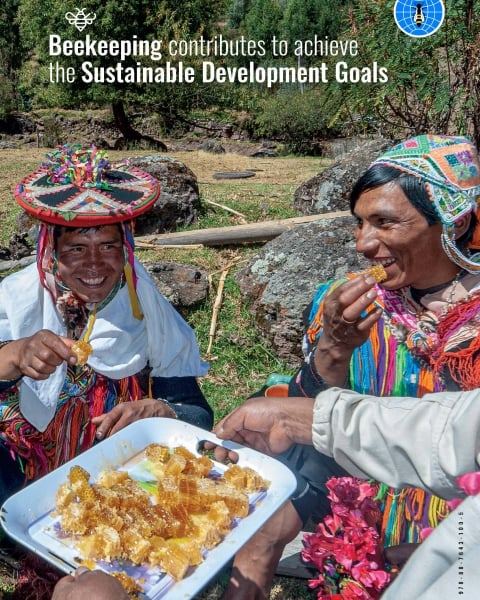
POSTAGE STAMP:
"Beekeeping in Belarus"
A special postage stamp "Beekeeping in Belarus" has been issued in Belarus for the XXIII Congress of the Federation of Apiculture Organizations "Apislavia". Interested beekeepers and collectors, send the required number of postage stamps "Beekeeping in Belarus" to E-mail:
vkamen@mail.ru
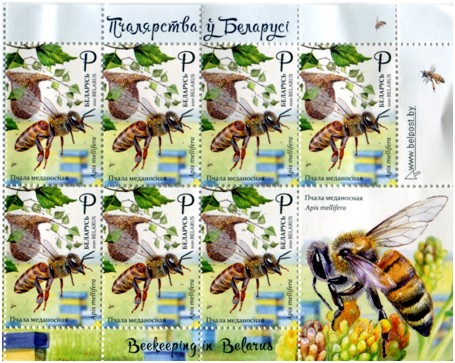
APIMONDIA
Press Release on the Standards of Protection Goals for Risk Assessment of Pesticides to Bees
XXIII International Congress of FPO "APISLAVIA",
September 18-22, 2020, Minsk
Al XII-lea Congres National de Apiterapie,
cu participare internationala,
11-14 octombrie 2019,
Bucuresti, sector 1, Str. Ficusului nr. 42 (I.C.D.A.) 11-12.10.2019 / nr. 40 (F.I.I.T.E.A.) 12 (18:00-20:00)-13.10.2019
Honey Festival
"Sweet days of Tetovo"
North Macedonia,
25 - 26 July 2019
General Assembly of the Balkan Federation of Beekeeping Organizations
Declaration
Slovenia, Gornja Radgona, 26th August 2018
Quality Standard "Good Beekeeping Practice Guide"
XXII CONGRESS OF APISLAVIA,
Moscow, RUSSIA,
9-13 September 2018.
Union of beekeepers and beekeeping organizations of the country "BEEKEEPING"
2nd International Marmaris Apitherapy & Apicultural Products Symposium,
14-15 October 2017, Marmaris, Turkey
Al X-lea CONGRES NATIONAL DE APITERAPIE, cu participare internationala,
6-10 octombrie 2017, Sibiu, Romania
Targul Mierii Campina,
24-26 februarie 2017
XXI Apislavia Congress,
15-18 September 2016, Almaty, Kazakhstan
Al VIII-lea Congres de Apiterapie, Expo si Atelier practic cu participare internationala,
IASI, 30 octombrie -
02 noiembrie 2015
Targul de Miere,
1-2 octombrie 2011, Bucuresti
Targul de Miere,
12-13 martie 2011, Bucuresti
Targul de Miere, Bucuresti, 28-30 august 2009
Primul Simpozion National de Apiterapie si Apipunctura,
Bucuresti, 12 iunie 2009
Targ de contractari pentru Apicultura
Bucuresti, 3 aprilie 2009
Hazards of Pesticides to Bees
10th International Symposium
Bucharest, Romania
October 8-10, 2008
Second Announcement
Symposium on General Management and Best Beekeeping Practice
"Beekeeping Simple and Clear"
Bucharest - Romania
September 11-14, 2008
Traditional Holiday of Ukrainian Beekeepers
Savior of the Honey Feast Day
Visit to Kiev, August 17-19, 2007
1st Balkan Countries Beekeeping
Congress and Exhibition
29 March - 1 April 2007, Istanbul, Turkey
"Balkan Beekeeping Honeymoon"
|
 LINKS LINKS
|
|
 |
Homepage >
About > History
A True Story
Cristian Constantinescu, Director IITEA
Erika Dumitrascu, Chief editor, Apimondia Publishing House
Marta Giogia, Economic Director, IITEA
The Beginnings of IITEA
In 1965 Prof. Veceslav Harnaj became President of APIMONDIA. At that time Prof. Harnaj was also Chairman of the Romanian Beekeeping Association and enjoyed national and international appreciation. This could not go unnoticed by some of the Romanian political leaders of the time who decided to tacitly accept him. With a good diplomatic behavior and a very focused mind, Prof. Harnaj succeeded in getting a certain "business freedom" which was unusual in a communist, state-owned, economy.
Under these circumstances, in 1966 Prof. Harnaj set up a small printing shop and the Apimondia Publishing House which produced the magazine Apiacta. At that time, private printing shops were illegal in Romania. Only the state printing enterprises were authorized to print. Prof. Harnaj obtained the tacit agreement of the authorities on the basis that all printings were in foreign languages and distributed outside Romania. Later on, the printing shop was allowed to sell in Romania since beekeeping was not considered "dangerous" to the political regime.
IITEA - Business Environment
Apart from selling printings, Prof. Harnaj entered a variety of import-export and even transit trade activities (purchasing from Russia - USSR and Hungary and selling in Italy and France) with beekeeping products, in particular beewax and beekeeping equipment, paying no duties or taxes according to Art. 1 of Decree 370/1970. At that time in Romania, only the state import/export enterprises were allowed to perform such activities.
Encouraged by his first business success, Prof. Harnaj turned the Publishing House into the Institute of Beekeeping Technology and Economy (IITEA) in 1970. To serve the purpose, Prof. Harnaj introduced the term "economic annex" (Decree 370/1970) which even at that time (state owned economy and no private property) did not have a legal basis. Maybe he just wanted to say that the unit was a branch/representative of a foreign organization to avoid conflict with Romanian authorities for his operations. In spite of the difficult economic environment but taking advantage of weaknesses in the communist rigid economy, Prof. Harnaj managed to make money, invested them into buildings both for IITEA and the Romanian Beekeeping Association and even purchased a villa in Castel Porziano near Rome, Italy.
In those times for a Romanian citizen it was illegal to hold western currency and take money out of Romania. Romanian citizens were not allowed to hold properties outside Romania. Prof. Harnaj also intended to purchase a palace downtown Rome on Corso Vittorio Emanuele not far from Confagricoltura and Apimondia offices. Secretary General Silvestro Cannamela realized the risks Prof. Harnaj was taking upon himself and tried as much as he could to temper the activities which were only normal in a capitalist free market society but banned in a totalitarian communist regime. L.R.J. van Rappard, a prominent member of the Executive Council of Apimondia, used to say that Prof. Harnaj had a brilliant business personality who would have been a very wealthy, respected and honored person in his country.
Legal Background
This is why the Executive Council of Apimondia was only taking note of the setting up of the Apimondia Publishing House and later on of it being turned into IITEA. Apimondia Statutes never included IITEA as one of its branches/"economic annexes"/representative. To serve his business purposes, Prof. Harnaj always presented his activities in Romania as being determined by Apimondia. In his preamble to the Decree 370/1970 or IITEA Regulations, Prof. Harnaj mentioned Apimondia as the initiator, but in fact Apimondia bodies never recognized in its resolutions such a status. The only mention was in 1978 in the "Regulations on Organization and Functioning of Apimondia Federation" attached to the Apimondia Statutes. We have no track of what happened to these "Regulations" later on. Art. 2/4 of the "Regulations" reads: Apimondia has the following specialized organizations: a) IITEA with its headquarters in Bucharest Romania; b) Apimondia Publishing House in Bucharest, Romania; c) Apimondia Center for documentation in Dol, Czechoslovakia.
IITEA Downfall
Some domestic disputes within the Romanian Beekeping Association, conflict of personalities, "helped" along by anonymous letters addressed to Romanian authorities, led to a government financial control at IITEA in the late 70s. The communist leaders were amazed to discover such a flourishing capitalist unit among state owned crawling enterprises and decided to put an end to such activities. Such controls continued in the 80s and the Decree 54/1984 was issued, drastically limiting the activity of IITEA. Besides, IITEA had to pay 28 million Lei (an astronomic figure at that time) the equivalent of a few million dollars fine for not "observing the law".
Prof. Harnaj fell severly ill and was bed stricken. IITEA was close to bankruptcy. Out of more than 300 employees, IITEA, which included Apimondia Publishing House, was counting only 17 employees in 1984. The printing shop was near a standstill and no other economic activities were allowed or even possible. Exports and any deliveries were banned, and for three years, IITEA could not send even APIACTA to its subscribers. When the activity resumed, most of the clients had given up their subscriptions. Prof. Harnaj's sickness prevented him from continuing to be the manager of IITEA and passed it on to Mr. Nicolae Giurcaneanu in 1985, who six months later emigrated to Canada, and was followed by Mr. Cristian Constantinescu, chief editor of Apimondia Publishing House at the time of his appointment.
IITEA - A Difficult Time
Times were very difficult for the remaining employees. Their devotion, competence and perseverance contributed to a gradual restoration of activities and redevelopment of IITEA. It was even harder because IITEA was under the magnifying lenses of the authorities which were sending every year financial teams to check "the conformity with the law of IITEA activities". Even more, dictator Ceausescu nearly ordered demolition of the IITEA existing buildings at that time because of a new avenue that was to be built in the area. However, IITEA managed to survive, refurbished the facades of all buildings, and even a new building was raised. The new much improved look of the buildings determined the dictator to give up the idea of demolition.
The other problem was the discontentment of the leaders of the Association of Romanian Beekeepers (ACA) who wanted to take hold or at least get part of IITEA patrimony, thinking they had the right to take over the "goods" left behind by their former President, Prof. Harnaj. The late 80s and even 90s requested much diplomacy and careful attitude on behalf of IITEA management to prevent that from happening. Former President Borneck and Secretary General Cannamela helped IITEA manager in keeping ACA away. The IITEA Rules provided that in case of dissolution, all IITEA buildings were to be given, without charge, to ACA. Former ACA President Eugen Marza (deceased in 1999) even claimed a biding engagement from Apimondia President Borneck and Secretary General Jannoni that IITEA buildings would be given to ACA without charge, in case IITEA ceased to exist. That paper was signed in exchange of ACA promise to stay neutral/help IITEA abrogate Decree 54/1984. In the meantime most of Prof. Harnaj's close ACA collaborators passed away and the new ACA management has a different and positive approach. However, even today, IITEA is doing certain printing services, without charge, in favor of ACA.
Prof. Harnaj - President of Apimondia Federation
Prof. Harnaj managed not only to diversify the activities of Apimondia (beekeeping demonstrative centers in Italy, Brazil and the United States, training courses for University post graduates, three to four symposia a year) but also to turn it into a world wide organization with vice-presidents from the United States and USSR. China was also very active at that time. Those were turbulent times with two conflicting economic and political systems, with the Iron Curtain that was a real obstacle. In spite of all problems, Apimondia under Harnaj developed into a real universal organization. The present structure of Apimondia - the Apimondia Statute, its bodies: Executive Council, Standing Commissions and Working Groups - was gradually created by Prof. Harnaj, vigorously supported by Secretary General Sivestro Cannamela. In their paper of 1997 called "History of Apimondia", Sivestro Cannamela (Italy) and Jean Nivaille (Belgium), under the chapter "A dynamic President and his goals", referring to Prof. Harnaj pointed out the following: "The presidency of Prof. Harnaj was a volcanic one, his personality being extremely present, and his activity oriented towards a clear and ambitious goal, that of making Apimondia a powerful, multipurpose nucleus, ramified on the world level and, with this aim in view, identifying support to the Federation. In fact his management and leadership were very clear and efficient." In 1985 Prof. Harnaj was followed by Mr. Raymond Borneck as President of Apimondia.
IITEA - Search of Identity
After December 1989, when the dictatorship in Romania was overthrown, and after a few years of drawbacks due to the accommodation to the new free market system, the main focus of IITEA management was on abrogating the Decree 54/1984. That was achieved in 1997 when the Romanian Beekeeping Law was passed by the Romanian Parliament.
In the period of 1990 - 1995 IITEA had again some difficult times mainly because of the country's transition to the free market economy but also because of the lack of management orientation. The material resources accumulated in late 80s were drastically diminished, the debts to the state (taxes) increased, the printing production had to face a weak market and an increasingly competitive environment.
In the early 1990, Cristian Constantinescu resigned from his position of IITEA director. He was replaced by biologist Mihaela Serban, Chairman of the Meliferous Flora and Pollination Standing Commission of Apimondia. Mihaela focused more on scientific beekeeping issues and managed to get quite good results in increasing contacts with beekeeping researchers. One great achievement was the international beekeeping training course organized by IITEA together with the Black Sea University in 1993. She also devoted much of her time to help Chief Editor Erika with Apiacta.
In the summer of 1994 Mihaela Serban retired and was followed by Mr. Paltin Nottara. Involved in too many other businesses, Nottara did not pay much attention to IITEA issues. However, he tried to restore the production activity of the printing shop, made small scale investments like the telephone exchange equipment. He also started renting some spare room to the extent of a better distribution of printing activities and storage. Paltin's wife set up also an editorial and printing company and soon a conflict of interests came up between Nottara's position as director of IITEA and his wife's company Ediprint. Most of the IITEA staff was dismissed and re-employed by Ediprint and the IITEA printing shop started to get printing orders through Ediprint.
In the summer of 1995, during his leave in Rome, Cristian Constantinescu was requested by Silvestro Cannamela to rejoin the IITEA Managing Committee. Secretary General Riccardo Jannoni was also present at that meeting and approved the move. Later on that year (December 18, 1995) President Borneck re-appointed Cristian Constantinescu in the position of IITEA director.
Legal Battles
The abrogation of Decree 54/1984 did not quite solve all problems. Though IITEA benefits of the former Decree 370/1970, the term "economic annex" does not fit into the legal persona category allowed to operate in Romania. Therefore, IITEA has been registered as a foreign representation with no right to hold property on real estate and to develop production activities. Consequently, it is urgently necessary to register IITEA in a legal framework provided by the Romanian law and which is not different from what other European nations have. Discussions were held within the Managing Committee meetings, Dr. Schieferstein received the task of considering the situation and IITEA asked a few specialized legal organizations to search and provide assessment and solutions to the existing situation. All papers were translated into German and English languages, sent to Asger Jorgensen, President of Apimondia, Dr. Schieferstein and Apimondia Rome. In a private discussion in Durban (November 2001) with Cristian Constantinescu and Marta Giogia, Dr. Schieferstein agreed that the most acceptable solution would be to transform IITEA into an NGO - Foundation with distinctive legal status which should operate as a Romanian private autonomous non-political legal persona. The final document was signed in Bucharest on October 10 2002. One year later, at the Managing Committee Meeting at the request of one member the name "Apimondia " should be no part of FIITEA name. (see the minute of that meeting attached.

Indeed as stipulated in the whole history presentation the wealth of FIITEA has been the result of prof. Veceslav Harnaj private business activities being covered up by so called "Apimondia economic annex " in a state in which private business and organizations were forbidden Nowadays according to its Statute FIITEA is a private autonomous foundation, owner of its patrimony and however with no material contribution from its founder Apimondia. Federation
During its existence, the APIMONDIA Publishing House edited specialized works, such as the proceedings of each International Beekeeping Congress (starting with the 20th Congress, held in Bucharest), as well as the proceedings of all international symposia organized under the aegis of APIMONDIA. These, as well as a whole series of "technical recommendations", which referred to a lot of practical matters of beekeeping, were published in the five official languages of the Federation. The Publishing House printed several other specialized works by renowned scientists, such as Prof. Dr. Ruttner ('Instrumental Insemination of Queen Bees', 'Queen Beesc Rearing'), G.C. Ricciardelli d'Albore ('Mellisopalinology'), R.F.A. Moritz ('Instrumental Insemination'), A.S. Nuzhdin ('Bases of Beekeeping'), Prof. Dr. G.A. Avetisiyan ('Beekeeping'), M. Gonnet and G. Vache ('Taste of Honey'), Eva Crane ('Honey'), J. Louveaux ('Bees and Beekeeping').
Also were published books of general interest, such as M. Maeterlinck ('Life of Bees'), 'Propolis', 'Apitherapy Today', 'Honey and Other Natural Products' (by Dr. D.C. Jarvis), 'Honey Cook Book', 'Colouring Books for Children' etc. Together with IBRA, there were published the vols. V, VI, VII, and VIII of the cDictionary of Beekeeping Terms'. By request, the Institute also published works in other fields of activity.
Nowadays FIITEA takes to digitalize some of the most requested beekeeping books and also upon request sends beekeeping articles published during its whole history. in magazine Apiacta.
|
|
 |





